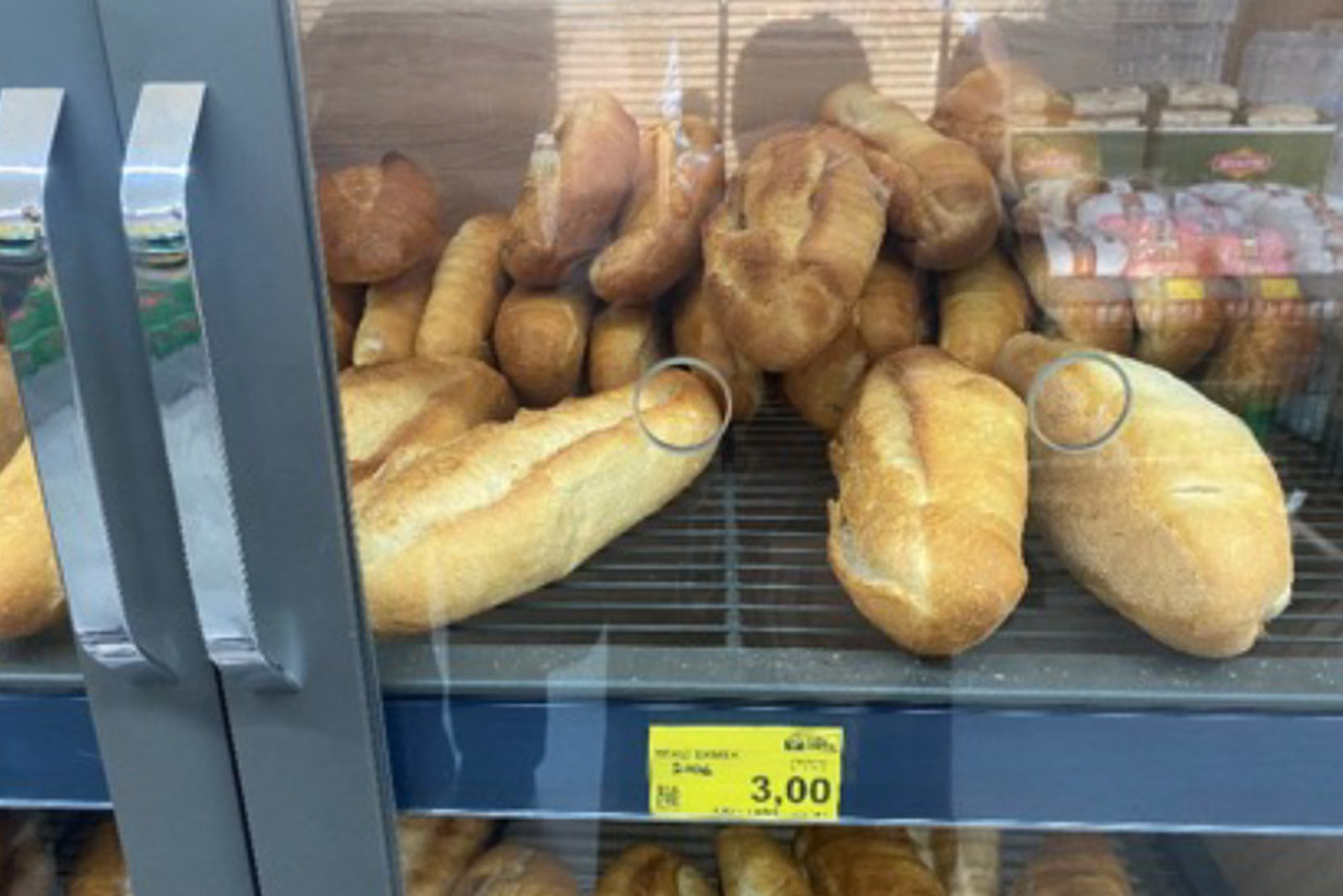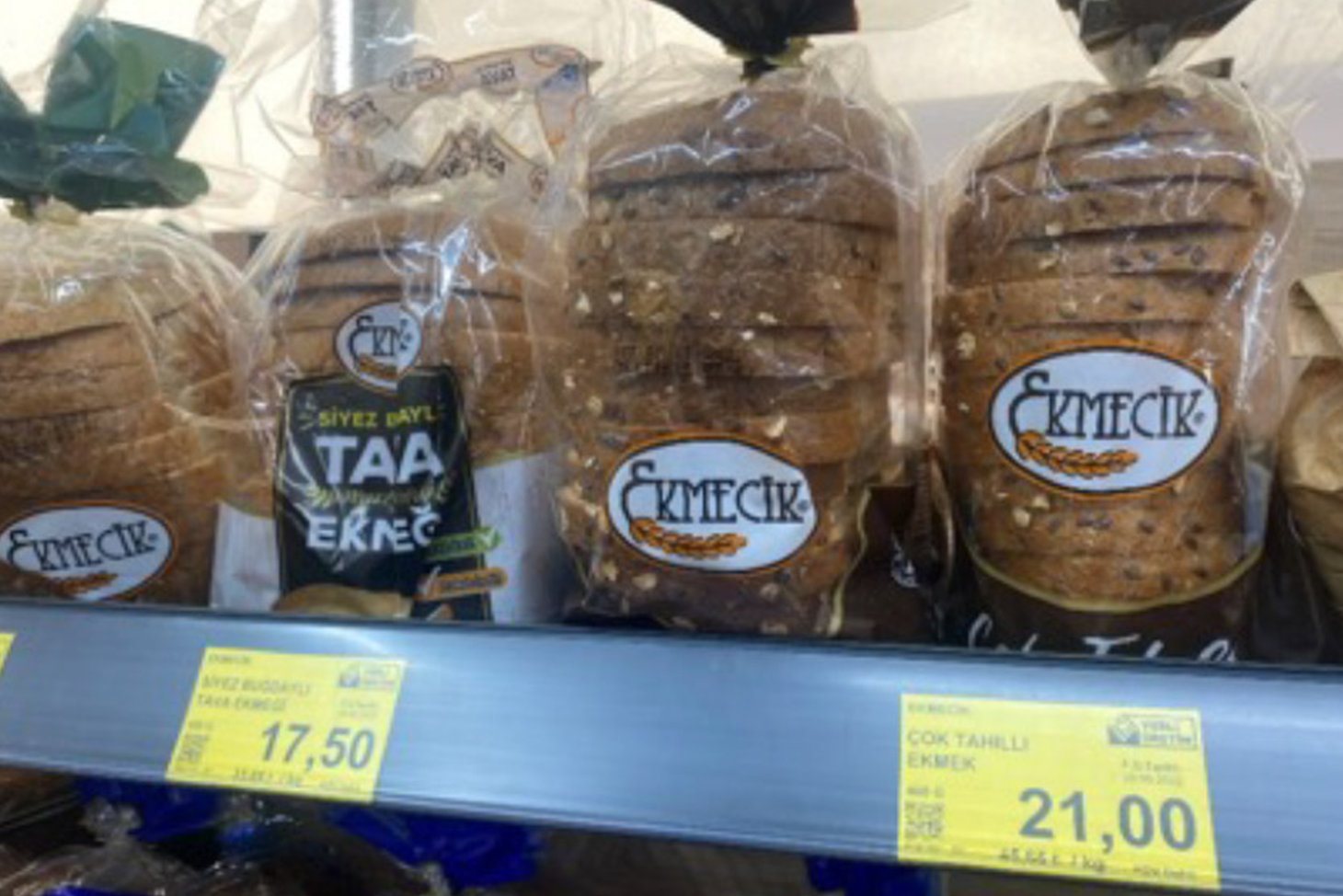“A friend in need is a friend indeed” was the first English proverb that I learnt at school. While finding good friends is not an easy task, forming strategic alliances on a global scale takes this skill to a different level. No other man has perfected the power of strategic friendships better than the President of Turkey, Recep Tayyip Erdogan.
While most emerging market sovereign bonds suffered negative double-digit returns last year, Turkey is one of the few countries that defied gravity. Being the country with the most unorthodox policy among large emerging market economies, not only did its bonds manage to outperform peers in 2022, but it also redefined the rules of policy engagement. What is the secret ingredient of Turkish financial alchemy and what is the cost of the unorthodox policy mix?
Deficits need to be funded. In a country like Turkey, where in 2022 the current account deficit reached its worse level in 25 years at USD 50bn, funding sources have been the primary concern for investors. The orthodox approach of increasing interest rates to manage inflation and attracting foreign capital by bolstering confidence amongst portfolio investors in the country’s policy mix was not the president’s preferred choice. Instead, he decided to bet on the power of strategic friendships and alliances.
President Erdogan has generally shown himself to be a pragmatic leader, but his recent geopolitical brilliance and a turnaround in his relationship with the country’s neighbours is truly remarkable. The president, whose relationship with some Middle Eastern neighbours was lukewarm at best only a year ago, managed to strike strategic alliances not only amongst the entire region but also re-establish diplomatic ties with countries like Israel following more than a decade of animosity. President Erdogan’s incredible geopolitical manoeuvre amidst the Russia/Ukraine war deserves a special mention: he managed to maintain strategic friendships with both countries, including offering drone supply to Ukraine and securing lower-cost gas supply from Russia.
The president’s reluctance to go down the route of financial orthodoxy has led him to change colours in the global arena in order to secure not only geopolitical alliances but also new export routes and much needed funding through multi-billion lines from cash-rich countries such as Saudi Arabia and Qatar, to name a few. Only six months ago no Turkish port could send goods to Saudi Arabia. Today Saudi Arabia accounts for up to 20% of local port trading activity with a large number of Turkish companies looking to expand their presence in the country.
Turkish strategic pragmatism seems to have paid off so far. But what is the cost of these policies and where do the future vulnerabilities lie? While the economy delivered strong GDP growth of over 5% in 2022, we observed significant vulnerabilities when meeting with companies on the ground. Most notably, the country which once was one of the more competitive economies with low-cost bases and deep financial markets has seen a big reversal in this position. An unorthodox policy with 13% interest rates, a focus on keeping the currency stable and over 100% inflation has led to a strong real Turkish lira appreciation of over 40% year to date. This has had significant implications for the competitiveness of Turkish exports.
Focus on administrative control mechanisms has led to over 200 regulations being released through the course of the year for the banking sector alone. This hindered the financial sector from performing its role as a credit transmission mechanism, with the majority of banks facing loans maturing in six months and an absence of credit availability for longer than a year. Lack of access to domestic and foreign liquidity has led to bigger problems in the corporate sector with ballooning working capital needs translating into payment delays. Most Turkish corporates have been suffering from a substantial squeeze in margins and a decrease in profitability but given a relatively low starting point in leverage, they have not yet been faced with debt restructuring risks.
I visited Turkey with our equity colleagues at the end of last year. For the first time in my travels to the country over the last 20+ years, the companies I met were markedly pessimistic about the future and looking abroad to diversify away from their home market. Already today it is more profitable for select companies in the auto sector to produce cars in Romania rather than in Turkey, and for some companies in the consumer sector, it is more attractive to sell goods in Saudi Arabia than domestically.
How long can the status quo last? What are the short-term and long-term implications of this policy mix? With presidential elections less than six months away, would a different outcome translate to a different pace of economic recovery? An Erdogan victory would likely mean that the current policy mix remains unchanged. An opposition win could put the country on the path of orthodoxy over the medium term, but it is unlikely to result in a V-shaped economic recovery in the short term. Countries like Lebanon are proof that financial alchemy can be a multi-year experiment, and the impact on the pace of economic recovery can be substantial, particularly in the context of the recession fears today across global economies. While countries such as Mexico are likely to rebound relatively quickly given the government’s orthodox policy mix, low production costs and relatively cheap currency, others like Turkey could face a multiyear recessionary environment. Only a year ago I thought that the Turkish problem of financial unorthodoxy was relatively easy to fix. However, the longer the problem lasts, the more structural it becomes, with Argentina being a case in point.
If global factors can drive a dramatic deceleration of inflation in Turkey, we could yet see a soft landing with the recent downward inflation print giving the government a sense of optimism. Otherwise, further administrative measures are only likely to create more distortions in the economy. For example, the government’s focus on controlling the price of meat led to tripling the price of cheese in a matter of weeks. Moreover, the minimum wage hike of 200% at the beginning of this year is likely to put further pressure on the companies’ cost base and increase inflation expectations. Will the president be able to juggle all these imbalances in the environment of geopolitical uncertainty and amidst the pre-election campaign? So far, he has managed to do so. The Minister of Finance has also played a crucial role in offsetting some of the imbalances and tempering investor fears by focusing on reducing the fiscal deficit and engaging with the market participants, despite the unorthodox monetary stance of the President.
So far Turkey has been able to defy orthodox gravity. Whether the country can extend this achievement over the medium term, given the recent strategic friendships and alliances, remains to be seen. “Friendship is like money, easier made than kept”.
Example of price controls in a Turkish supermarket with the price of a certain type of bread being controlled (image 1) and another type of bread being priced at a market (image 2).
Image 1

Image 2

